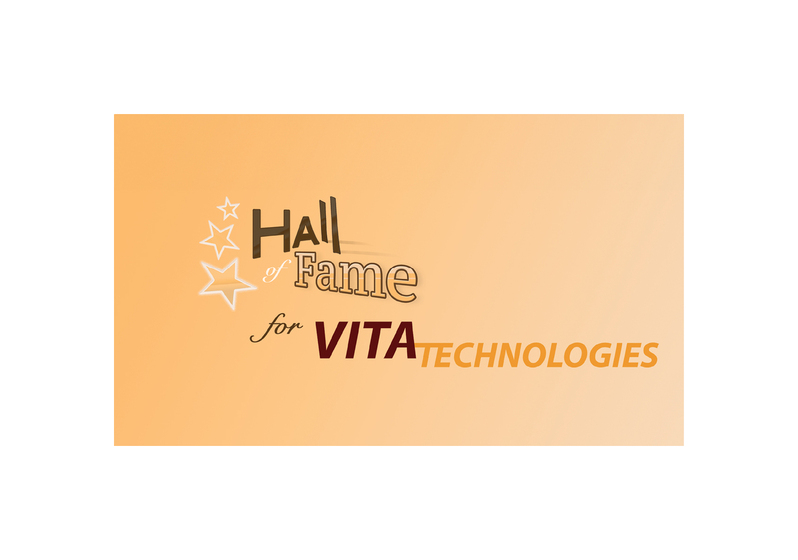Applied to VITA, ex ante allows for all to see the fees, royalties, terms, and conditions of a RAND (Reasonable and Non-Discriminatory) agreement. It invites others with similar technology patents to submit a lower terms and conditions package, thus making it competitive. Violations of VITA’s ex ante procedures would potentially incur penalties on any IP holder who does not disclose his patents and patent applications early in the document process. According to Alderman: “If he violates the ex ante policies, the DOJ [Department of Justice] will get involved and investigate complaints. If found in violation of the procedures, the DOJ may grant the standards developer (in this case, VITA) a royalty-free use of that company’s patent because they didn’t play fair and obey the rules.”
Under previous standards developer rules, companies would sometimes participate in the standardization process knowing full well their company had IP to protect. Once a standards document was nearly complete, the company could “ambush compliant product makers,” or several companies could patent stack by collectively asserting their IP against the other companies planning to build products compliant to the new open specification. Clearly this onerous process could wreak financial havoc on the infringing companies, and doom a new standard.
Once approved by the VITA board of directors, the new ex ante procedures will be brought to the VITA Standards Organization (VSO) for acceptance or rejection – probably in the November 2006 timeframe. The procedures are currently under review by the DOJ and the Federal Trade Commission (FTC). If approved by the government, “VITA will most likely be the first standards developer in the world to be granted approval for ex ante procedures concerning intellectual property,” asserts Alderman.






